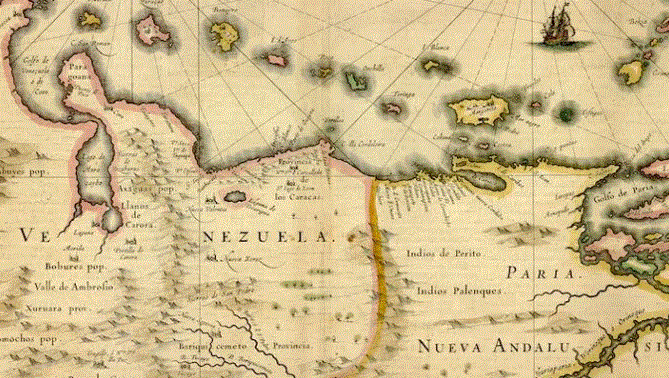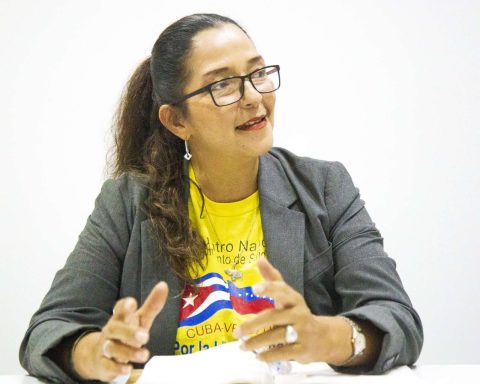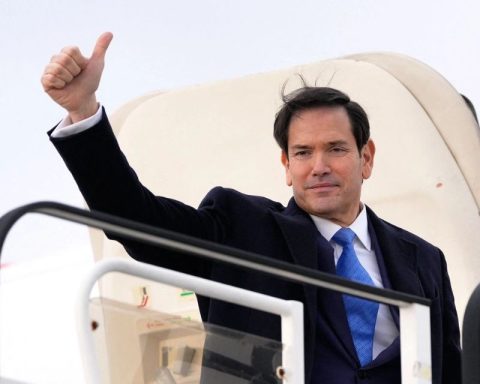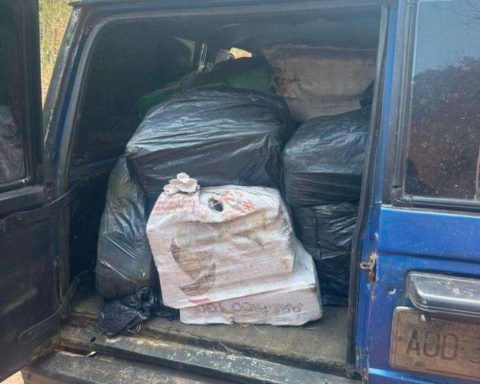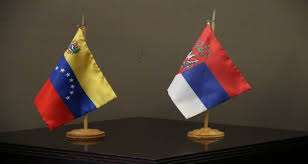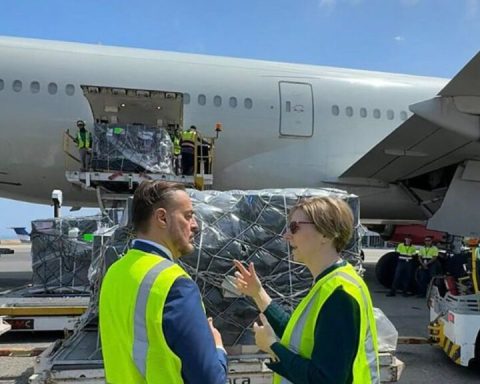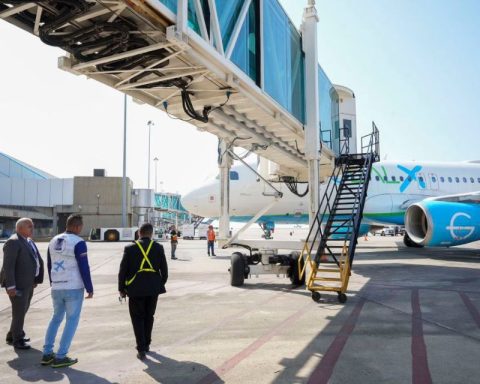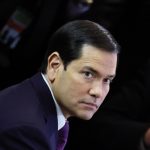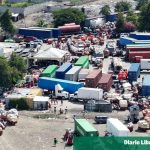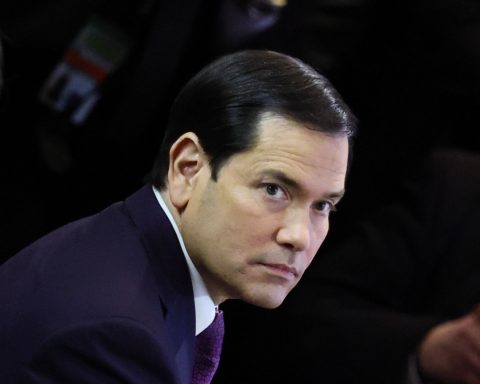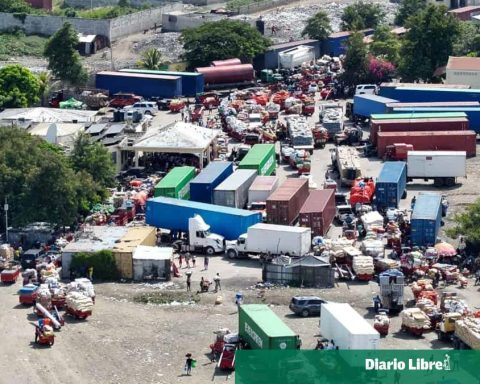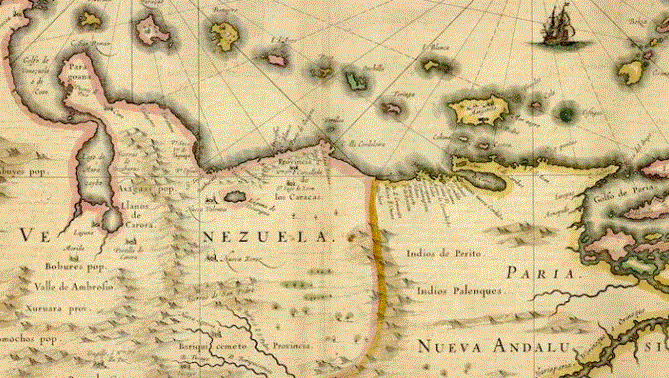
There is an always threatening and frequent temptation in Venezuela, that of projecting futures on gaps in historical memory.
The fundamental condition of the human being created by God is his historicity, which, being a human time of freedom and not a simple sequence of events, entails a risky duration, a permanent challenge towards ethical commitments. History generates memory -both individual and collective- that, although it is subject to oblivion, is in itself indelible. We are called to improve our past and project a better future through a more sensible and positive present. But “what is written is written”. It is wise and prudent to know how to drive and take advantage of the path traveled. The “elimination” in cases is burdensome disease and ignoring it deprives necessary experiences towards a realistic and consistent future. Of course, human limitation and sinfulness do not make the task of remembering and remembering well easy.
Venezuelan noteworthy fault has been not having used our memory well, especially by those who have had greater responsibilities in the different areas of social life. A fairly illustrative example is the scant or predominantly negative assessment of the colonial past, almost as if the country’s genealogy had begun on April 19 only two centuries ago; in this Simón Bolívar could have established better precedents; People like Mario Briceño Iragorry, however, have left pages of great depth and measure on national genesis and identity. Another example is that of the “eternal beginnings” on the occasion of the large succession of wars and fratricidal confrontations and the corresponding slogans and claims to “create” novelties from nothing. Attempts at fanciful rebirths of a country in continuous agony, with the vain pretense of existing and progressing without ascendants or inheritances. History without past. Proof of this, an unprecedented “21st century”.
This creationist illusion explains the weakness of structures and traditions in the various fields of national life and the low esteem, when not forgetting and contempt for organizations, people and events that have made significant contributions to the development of the country, but have not been locatable in the narrow fences of the dominant ideology or interests. It is very expressive in this regard what is happening today with older universities and academies, with long-distance and far-reaching media, with institutions such as the judiciary, which deserve privileged respect and care. The good realities deserve the treatment of the wines, in which the aging counts, also when the new times are of epochal change.
The theme of identity runs intimately linked to that of memory, since the former is woven into history; for this reason it is also not a simple datum (factum), but also implies a duty to be, task and permanent cultivation. Identity is dynamic, constantly updated, especially in processes of globalization and cultural leap such as the present ones, in which the extremes of closing in on oneself or dissolving into universality lurk.
Coming down to the concrete, a field in which national identity and memory deserve particular attention is popular religion, to which some lines are dedicated in the ecumenical and religious freedom perspective of the Second Vatican Council and the Plenary Council of Venezuela. Catholic popular religiosity has been a characteristic feature of the identity of the Venezuelan people, a group of ethnic and cultural mestizaje that began to integrate five centuries ago and whose pilgrimage registers a succession of notable transformations in very diverse fields and now framed in a framework of epochal change and globalization. However, this essential feature does not receive due attention and recognition from the State in educational policies. The State does not currently behave as laic but ideologically secularist, to the point that it has closed the School Religious Education Program agreed with the Church.
Venezuela is not just a country. It is a nation, with memory and identity. An ethical-cultural group called to grow as a great family in the concert of the cops global.
